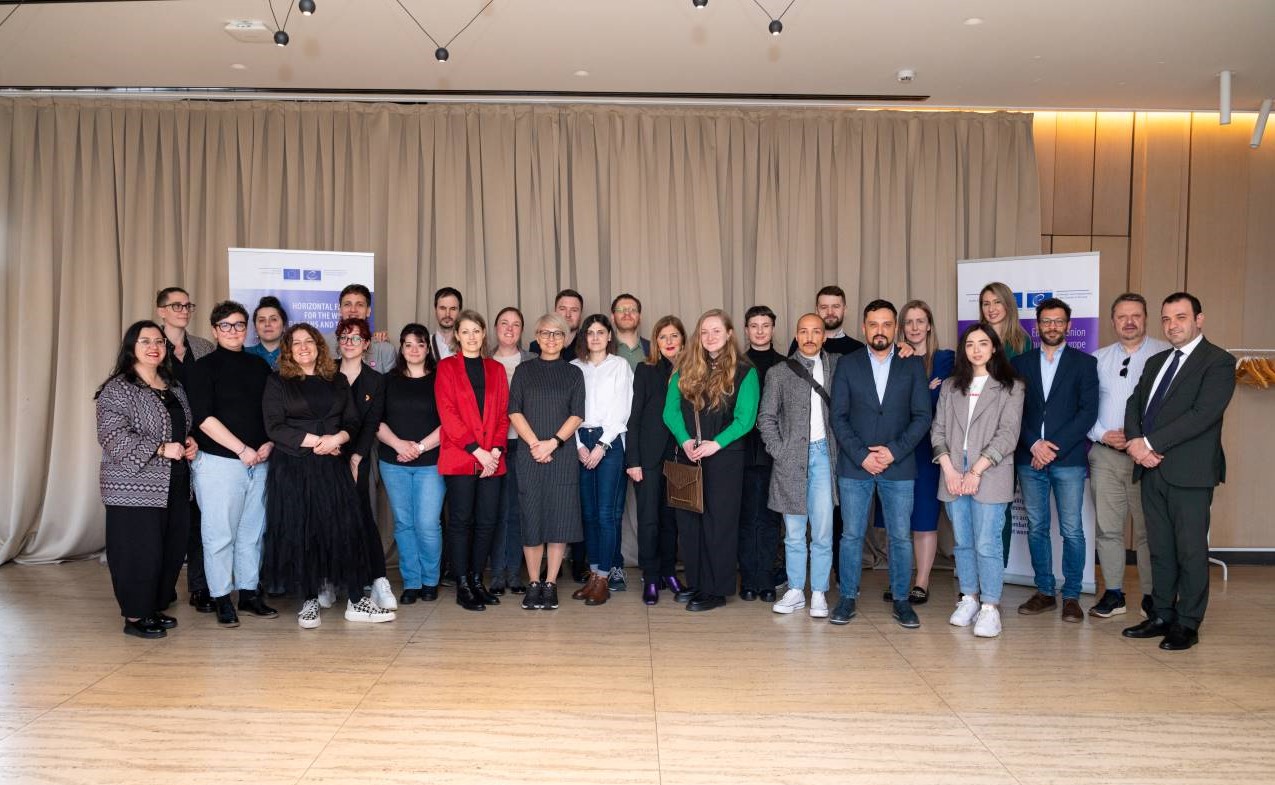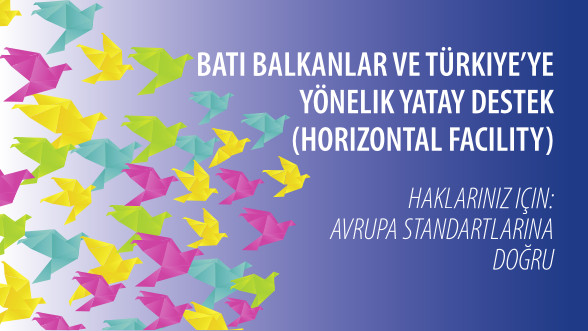A regional peer exchange on tackling equality reforms and focusing on the protection of LGBTI persons, took place in Podgorica, Montenegro. Following the regional LGBTI conference on “Addressing the rising anti-gender movement” organised in Pristina“ in November 2023, the two-day event organised with the support of the EU and the Council of Europe, brought together representatives of human rights institutions, equality bodies, as well as civil society representatives and experts in the field from Albania, Montenegro, the Republic of Moldova, Serbia, and Ukraine.
In the Council of Europe members, LGBTI people may experience high rates of discrimination and abuse, including violence, due to their sexual orientation, gender identity and sex characteristics. Individuals may also be subjected to discrimination and abuse due to their association with LGBTI people and/or because of their perceived sexual orientation, gender identity and sex characteristics. While ECRI General Policy Recommendation (GPR) 17 addresses domestic authorities of the Council of Europe members to take measures to prevent and combat discrimination and intolerance against LGBTI people and develop an inclusive society, and emphasises that this should be understood as the responsibility of all the members of society.
Addressing the audience in the opening of the event, Evgenia Giakoumopoulou, Head of the Sexual Orientation, Gender Identity and Expression, and Sex Characteristics (SOGIESC) Unit of the Council of Europe, stated: “The increasing hate speech and violence towards LGBTI persons is not reflecting dominant societal attitudes in our region but is the result of anti-rights actors fuelling hatred and stigma while seeking short term political gain through polarization and the weaponizing of the rights of LGBTI persons. It is therefore essential to frame these attacks as the tipping point of the broader anti-rights movement and ensure a coordinated response among all human rights stakeholders across borders, to counter the backsliding, but also to continue advancing towards equality”.
In her opening remarks, Mirjana Pajković, General Director of the Directorate of Protection and Promotion of Human Rights and Freedoms at the Ministry of Human and Minority Rights, Montenegro, underscored the prominent role of civil society organizations (CSO-s) in providing vital support, education, and legal assistance to individuals facing discrimination based on sexual orientation or gender identity, as well as to institutions in preparing and implementing the laws.
Sinisa Bjeković, Ombudsperson of Montenegro emphasised that in the face of ongoing societal crises and conflicts, the lack of respect for human rights perpetuates marginalisation, particularly affecting the LGBTI community. He stressed the significance of ensuring equal protection before the law for societal inclusion and progress.
The regional co-operation aims to establish fora for exchanging and discussing approaches and good practices for countering intolerance in the Western Balkans and Eastern Partnership regions. During the seminar, participants had the opportunity to learn from their peers, but also to strengthen the co-operation and synergies at the regional level to increase the institutional potential to contribute to the necessary social change at the domestic level.
This event is organised as part of the European Union and Council of Europe joint initiatives: “Horizontal Facility for the Western Balkans and Türkiye” programme, “Partnership for Good Governance” programme, and the project "Support for implementing European standards relating to anti-discrimination and rights of national minorities in Ukraine". It was implemented in co-operation with the Council of Europe Sexual Orientation, Gender Identity and Expression, and Sex Characteristics (SOGIESC) Unit and in partnership with ERA – LGBTI Equal Rights Association for the Western Balkans and Turkey.


